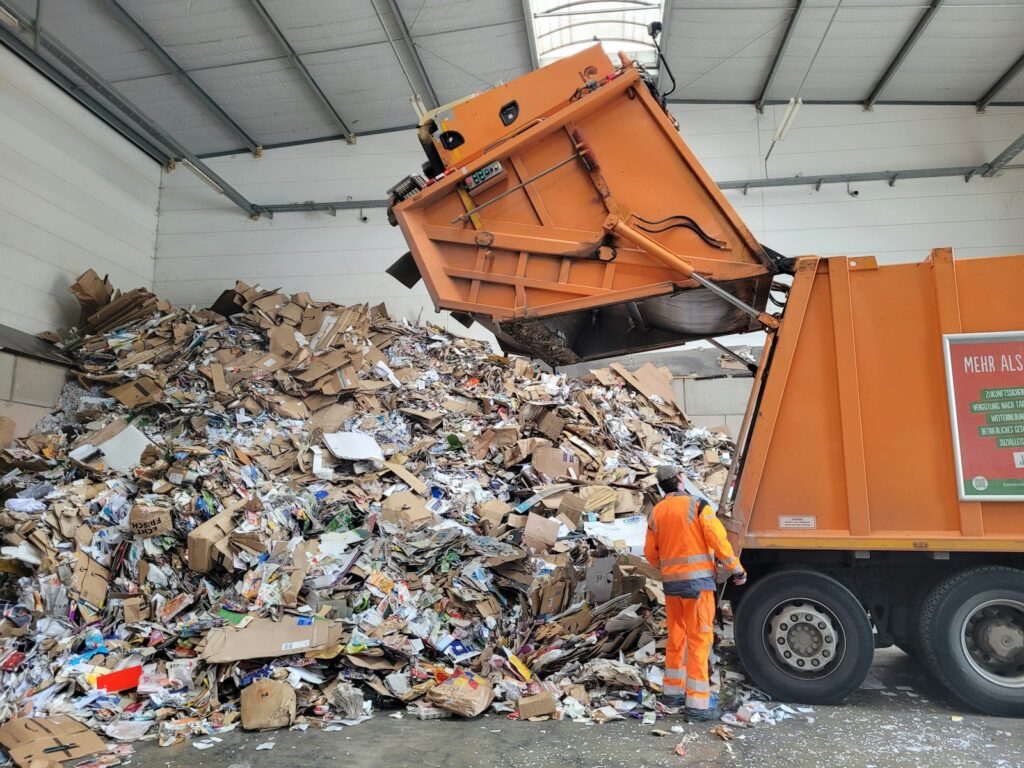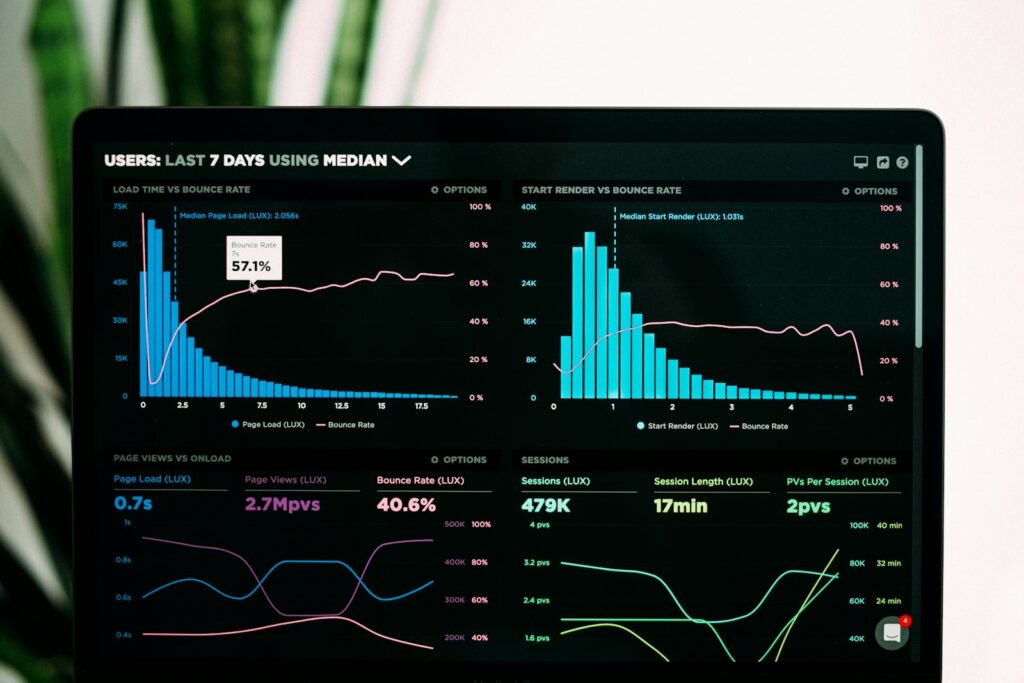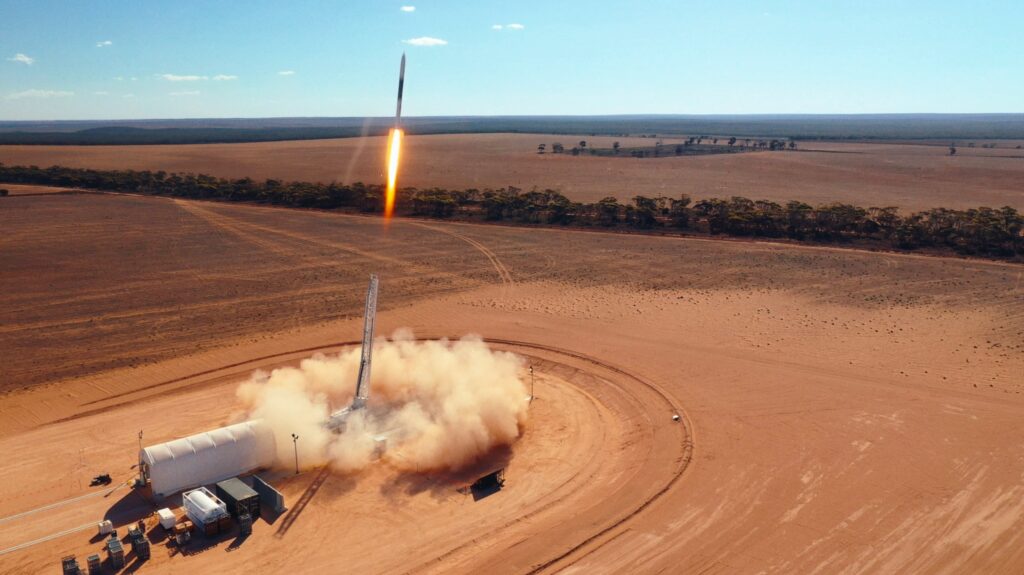Inclusion Scotland is hosting an international climate summit which is the first side event in the 30-year history of the United Nations Framework Convention on Climate Change that is specifically focused on disabled people and their needs in the climate change fight.
In partnership with the International Disability Alliance in New York and McGill University in Canada, as well as other international partners, Inclusion Scotland has been working to provide disabled people with a platform at COP26.
Including releasing a set of reports called: It’s Our Planet Too: Climate Change, Disabled People and Climate Action written by Inclusion Scotland’s policy manager, Susie Fitton, these reports will be discussed in the ‘blue zone’ at COP26 on the 5th of November.
The reports highlight how efforts to reduce emissions in Scotland have a ‘disproportionate impact’ against disabled people, through acts of ‘eco-ableism’, stating: ‘Climate change is considered by many people, including many disabled people, to be the defining issue of our time.
‘However, despite disabled people constituting 15% of the world’s population, their rights, needs and perspectives have been systematically neglected in international, national and local responses to a changing climate.’
Although the report focuses on disabled Scots, and how they will be harder hit by climate change but are also more often excluded in the fight to address it, it speaks to the wider issue of disability rights and climate change.
The report says that disabled people have been ‘perhaps the most overlooked group’ in negotiations and policymaking and goes on to point out examples such as in crises caused by climate change, such as flooding, disabled people are far more vulnerable, due to ground floor and level access properties. It goes on to say: ‘As the Covid-19 pandemic has shown, disabled people are often among those most adversely affected in an emergency, sustaining disproportionately higher rates of morbidity and mortality, and are among those least able to access emergency support.’
Lack of disability inclusion when discussing climate change has recently been put into full focus after criticisms of lack of accessibility – from physical access to demanding the complete ban of plastic at the event – have excluded disabled people in general from participating in the summit or continuing to stay at COP26.
This event, to encourage the world leaders to discuss changes to keep disabled people in mind, is a historic first for the United Nations, who have never had a side event sanctioned by the Framework Convention on Climate Change.
















